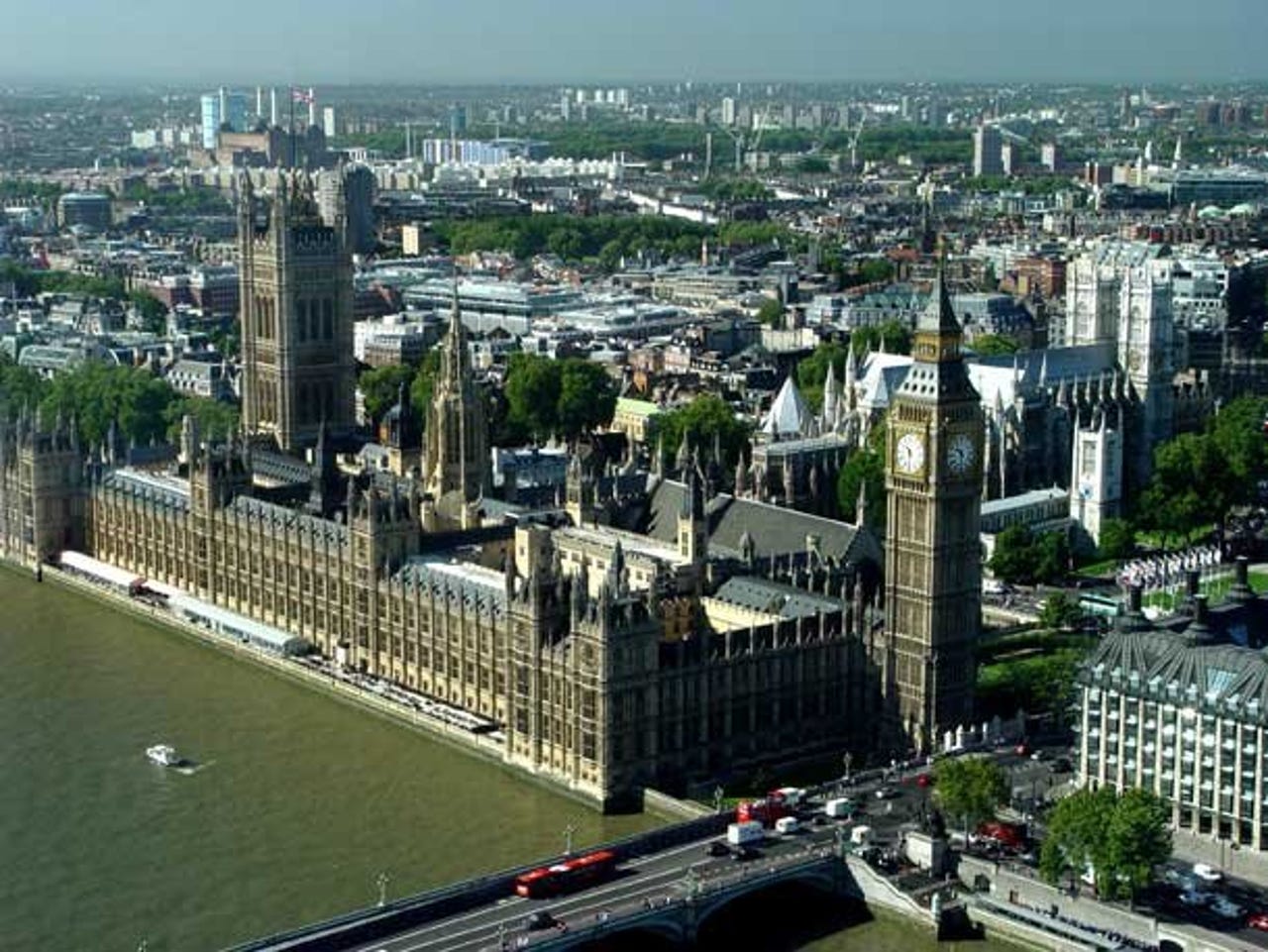Apple iPads enter the House of Lords

One-year trial of handheld devices gets the nod...
After centuries of paper-based debate, the House of Lords has backed the use of Apple iPads and other tablet PCs in the chamber.
The decision means that peers will officially be allowed to use handheld electronic devices - including tablet PCs and phones - during debates and in the Grand Committee Room to find parliamentary papers and supporting documents.
On Thursday, the Lords voted to back a one-year trial of handheld electronic devices as recommended by a report by the Lords Administration and Works Committee (AWC).
Previous rules governing the use of electronic devices are described as "inconsistent" in the AWC report, as they give conflicting advice on how phones can be used in the chamber and do not clearly set out whether laptops or tablet PCs can be used.
The use of laptops and netbooks in the Lords will remain banned because their clicking keys were felt to be "altogether more intrusive" than "handheld devices", such as tablet PCs and smartphones.
Speaking in the debate, Lord Lucas said: "I very much look forward to using my new iPad." He added: "I am grateful to my noble friends for making me feel, for the first time in a while, that I am a member of the younger generation."

The Apple iPad and other handheld devices could soon be a common sight in the House of LordsPhoto: Shutterstock
Lords members will be banned from using electronic devices to send and receive messages or to carry out web research inside the chamber, to prevent them "finding information for use in debate which is not generally available to other participants".
However, Lord Lucas challenged this ruling, saying he would like people watching debates to be able to make comments online and for the Lords to be able to check these comments and use them in debate.
"I understand the noble Lord's difficulty with having us quoting people whom we are picking up off Twitter or some blog but merely to gain insights and intelligence from people who may have vast practical experience and happen to be watching us on television would be a good thing," he said.
He also has no problems with web searches on debate...
...topics, adding: "If someone happens to know something because they have looked it up on the internet or consulted an authority, rather than having done it in the library five minutes before, I really do not see the problem."
Lord Kirkwood, chairman of the Lords Information Committee, felt that tablet PCs should be even more widely used - recommending clearer guidance on their use in Lords select committee rooms, which he said could "transform the amount of paper produced for members", while Lord Harris made an appeal for better mobile reception at the Palace of Westminster.
However, not all Lords agreed with the decision to allow tablets in the House, with some raising concerns that it would distract members from the debate.
Lord Cormack said: "I do not Google, Twitter, tweet or blog, nor do I have any particular desire to do any of those things but it seems to me that to have handheld devices in the chamber is not conducive to good debate and intelligent participation in it.
"Anybody sitting in this chamber with a handheld device could do anything from Googling facts to getting in touch with his bookmaker."
Chairman of committees Lord Brabazon brushed off the suggestion that the devices would lead to a decline in parliamentary etiquette.
"My noble friends Lord Higgins and Lord Cormack worried that people working away on their handheld devices would be a distraction and that it would not look good on television. At least it would prove that those noble Lords were awake and not asleep," he said.
"I can tell my noble friend Lord Cormack that nothing in the present rules would prevent him getting on to his bookmaker," he said, adding: "If he has been doing that, good luck to him".